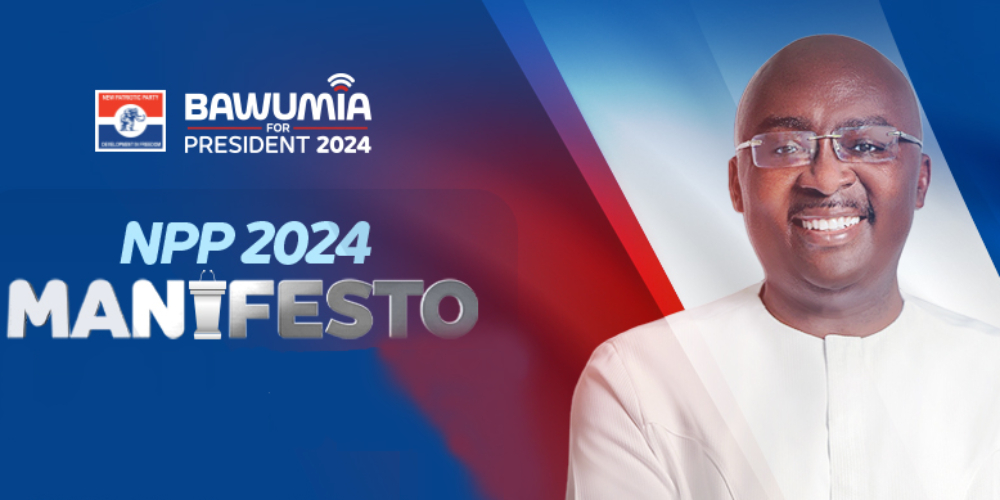Under Dr. Bawumia’s vision, Civil Society Organizations (CSOs) and Faith-Based Organizations (FBOs) will experience numerous benefits that enhance their capacity to serve and empower communities. A key advantage is the government’s commitment to fostering an inclusive environment that encourages collaboration between CSOs, FBOs, and public institutions, allowing these organizations to play a pivotal role in shaping community development initiatives.
Additionally, the focus on strengthening governance and transparency will provide CSOs and FBOs with more opportunities to engage in policy advocacy, ensuring that community voices are heard in decision-making processes. Increased access to funding and resources through government support and partnerships will enable these organizations to expand their programs and reach more individuals in need.
Moreover, training and capacity-building initiatives will empower CSOs and FBOs with the skills necessary to implement effective programs, enhance their operational efficiency, and better address the challenges facing their communities. The emphasis on social cohesion and community resilience will also create an environment where these organizations can collaborate on projects that promote peace, health, and education.
Top 5 Frequently Asked Questions
Question 1: How will the Bawumia administration formalize the relationship between the State, Chiefs, FBOs, and CSOs?
Answer: The Bawumia administration plans to create structured partnerships between the State, Chiefs, Faith-Based Organizations (FBOs), and Civil Society Organizations (CSOs). This will clarify their roles in governance and make them key partners in decision-making. By formalizing these relationships, the government aims to use their combined influence to tackle important social issues and promote national development.
Question 2: What role will CSOs and FBOs play in the process of electing MMDCEs under Bawumia’s government?
Answer: The Bawumia administration plans to work with Civil Society Organizations (CSOs) and Faith-Based Organizations (FBOs) to restart the election of Metropolitan, Municipal, and District Chief Executives (MMDCEs). By involving these groups, the government aims to encourage community participation in local governance, ensuring that elected leaders meet the needs and wishes of the people.
Question 3: How will FBOs benefit from collaborating with the government under Bawumia’s leadership?
Answer: Faith-Based Organizations (FBOs) that collaborate with the government on development projects will receive tax incentives to encourage their involvement in social services, education, health, and community projects. These incentives aim to strengthen FBOs as important partners in development and support their efforts to improve society.
Question 4: How will Bawumia’s government involve FBOs and CSOs in health promotion and sanitation?
Answer: Bawumia’s administration will work with Civil Society Organizations (CSOs) and Faith-Based Organizations (FBOs) to promote health and prevention services. These groups will raise awareness about health issues, offer community health services, and run sanitation campaigns to improve public health and hygiene, especially in underserved areas.
Question 5: What role will CSOs play in water resource management and sanitation under Bawumia’s government?
Answer: The administration plans to work with Civil Society Organizations (CSOs) to promote better water resource management and run sanitation awareness campaigns. This partnership aims to highlight the importance of water conservation and encourage better practices in managing water resources and sanitation in both urban and rural areas.





